#Black names
Text
To @porshaolayiwola thank you for this.
Our names are sacred. Our names are songs. Our names are declarations and prayers.
This is one of those micro-aggressions that ain’t so micro. It needs to stop.
As @uzoaduba said when she told a story about wanting to shorten her name, her mother replied “if they can learn to say Tchaikovsky or Dostoyevsky,” they can learn to say your name.
#Black names#history#white ignorance#civil war#freed slaves#last names#citizenship#family reunion#slavery#03042024
140 notes
·
View notes
Note
hiihihi !! can i ask for some like ,, scene / pink-black aesthetic related names? idrc abt gender connotations, thank you so much! <33
avril
ashlee
blair
bow
crow
clarity
ebony
emo
hyde
heyley
ink
jet
jade
kobi
kandi
midnight
onix / onyx
orchid
pitch
punk
pearl
raven
rose
rouge
rogue
ruby/rubi
rainer
rave
raver
salem
sable
soot
smoke
smokey
stripe
taffy/taffi
trend
wentz
#hope these work!#scene names#aesthetic names#pink names#black names#name lists#name suggestions#name ideas#name blog#read my dni#name request#read dni#name inspiration#baby names#gender neutral names
215 notes
·
View notes
Text
youtube
#intelexual media#black names#black history#what's in a name#Tina Turner#Beyonce#YouTube#creative names
7 notes
·
View notes
Text

Most people recognize that there are first names given almost exclusively by black Americans to their children, such as Jamal and Latasha.
While fodder for comedians and social commentary, many have assumed that these distinctively black names are a modern phenomenon. My research shows that’s not true.
Long before there was Jamal and Latasha, there was Booker and Perlie. The names have changed, but mycolleagues and I traced the use of distinctive black names to the earliest history of the United States.
As scholars of history, demographics and economics, we found that there is nothing new about black names.
youtube
Black Names Aren’t New
Many scholars believe that distinctively black names emerged from the civil rights movement, perhaps attributable to the Black Power movement and the later black cultural movement of the 1990s as a way to affirm and embrace black culture. Before this time, the argument goes, blacks and whites had similar naming patterns.
Historical evidence does not support this belief.
Until a few years ago, the story of black names depended almost exclusively on data from the 1960s onward. New data, such as the digitization of census and newly available birth and death records from historical periods, allows us to analyze the history of black names in more detail.
We used federal census records and death certificates from the late 1800s in Illinois, Alabama and North Carolina to see if there were names that were held almost exclusively by blacks and not whites in the past. We found that there were indeed.
For example, in the 1920 census, 99 percent of all men with the first name of Booker were black, as were 80 perecent of all men named Perlie or its variations. We found that the fraction of blacks holding a distinctively black name in the early 1900s is comparable to the fraction holding a distinctively black name at the end of the 20th century, around 3 percent.
What Were the Black Names Back Then?
We were interested to learn that the black names of the late 1800s and early 1900s are not the same black names that we recognize today.
The historical names that stand out are largely biblical such as Elijah, Isaac, Isaiah, Moses and Abraham, and names that seem to designate empowerment such as Prince, King and Freeman.
These names are quite different from black names today such as Tyrone, Darnell and Kareem, which grew in popularity during the civil rights movement.
Once we knew black names were used long before the civil rights era, we wondered how black names emerged and what they represented. To find out, we turned to the antebellum era – the time before the Civil War – to see if the historical black names existed before the emancipation of slaves.
Since the census didn’t record the names of enslaved Africans, this led to a search of records of names from slave markets and ship manifests.
Using these new data sources, we found that names like Alonzo, Israel, Presley and Titus were popular both before and after emancipation among blacks. We also learned found that roughly 3 percent of black Americans had black names in the antebellum period – about the same percentage as did in the period after the Civil War.
But what was most striking is the trend over time during enslavement. We found that the share of black Americans with black names increased over the antebellum era while the share of white Americans with these same names declined, from more than 3 percent at the time of the American Revolution to less than 1 percent by 1860.
By the eve of the Civil War, the racial naming pattern we found for the late 1800s was an entrenched feature in the U.S.

Company E was the fourth U.S. Colored Infantry during the Civil War. Credit: Everett Historical / Shutterstock.com.
Why Is This Important?
Black names tell us something about the development of black culture, and the steps whites were taking to distance themselves from it.
Scholars of African American cultural history, such as Lawrence W. Levine, Herbert Gutman and Ralph Ellison, have long held that the development of African American culture involves both family and social ties among people from various ethnic groups in the African diaspora.
In other words, people from various parts of Africa came together to form black culture as we recognize it today. One way of passing that culture on is through given names, since surnames were stolen during enslavement.
How this culture developed and persisted in a chattel slavery system is a unique historical development. As enslavement continued through the 1800s, African American culture included naming practices that were national in scope by the time of emancipation, and intimately related to the slave trade.
Since none of these black names are of African origin, they are a distinct African American cultural practice which began during enslavement in the U.S.
As the country continues to grapple with the wide-ranging effects of enslavement in the nation’s history, we cannot – and should not – forget that enslavement played a critical role in the development of black culture as we understand it today.
Trevon Logan is the Hazel C. Youngberg Distinguished Professor of Economics at The Ohio State University
#Black Culture Matters#Black Names#A Brief History of Black Names#From Perlie to Latasha#Black Lives Matter#Youtube
5 notes
·
View notes
Text
What Were the Black Names Back Then?
"We were interested to learn that the black names of the late 1800s and early 1900s are not the same black names that we recognize today.
The historical names that stand out are largely biblical such as Elijah, Isaac, Isaiah, Moses and Abraham, and names that seem to designate empowerment such as Prince, King and Freeman.
These names are quite different from black names today such as Tyrone, Darnell and Kareem, which grew in popularity during the civil rights movement.
Once we knew black names were used long before the civil rights era, we wondered how black names emerged and what they represented. To find out, we turned to the antebellum era – the time before the Civil War – to see if the historical black names existed before the emancipation of slaves."
4 notes
·
View notes
Text
20 notes
·
View notes
Text
Dont just normalize using black characters in fantasy... Normalize using black and African NAMES for those fantasy characters.
You're telling me names like:
Diearra
Alayla
Tavion
Quamel
Rashaad
Zaniya
Kumonga
Shanice
Rhasheeda
Etc.
Don't have an air of fantasy and royalty to them?! Stop the b.s. these names are gorgeous and they should be used more in fantasy mediums.

#black beauty#fantasy#fanfiction#aestetic#writing#original characters#foodforthought#representation#literature#culture#writing names#fantasy names#black names#black pride#black princess#black prince#black kings#black queens
53 notes
·
View notes
Text
Im fucking sobbing looking at the new black footed cat at Utah's Hogle zoo
Shes just a fucking baby
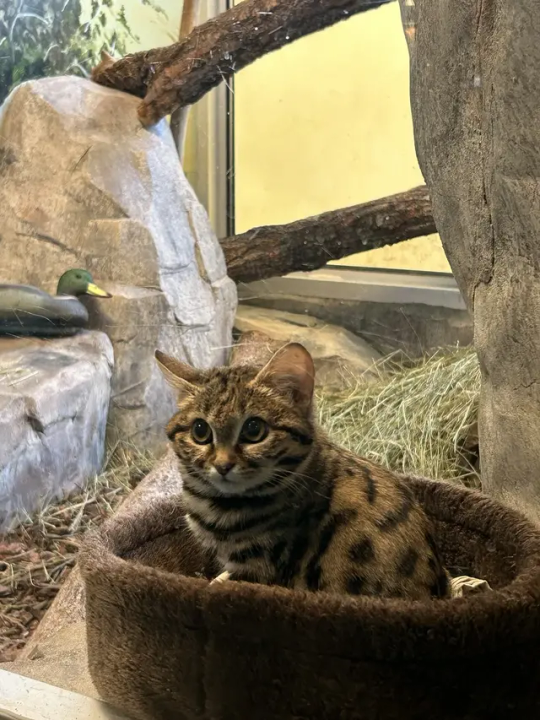
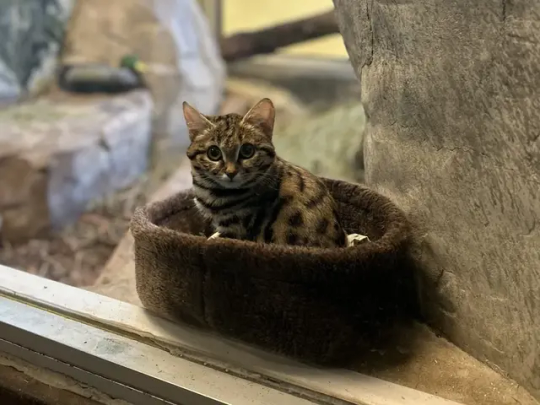
Baby with a 60% successful kill rate
#wrenfea.article#theres a video in the article#her name is gaia and shes 8 months#shes part of the AZA breeding program#i now have a reason to visit utah#leetle baby gorl#black footed cat#conservation news#conservation#zoos#animals#also the highest successful kill percentage for big cats is like. 25%#so 60% is fucking crazy
49K notes
·
View notes
Text

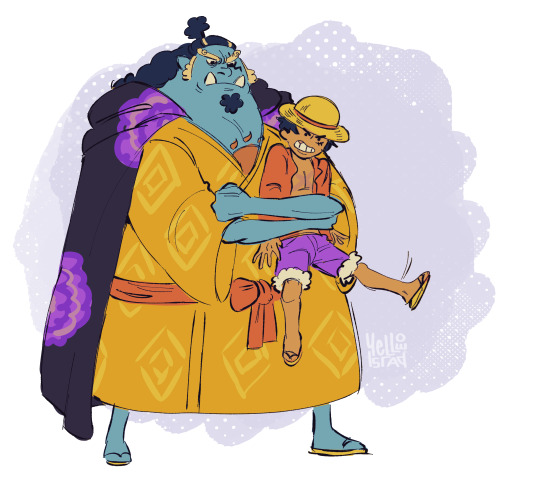

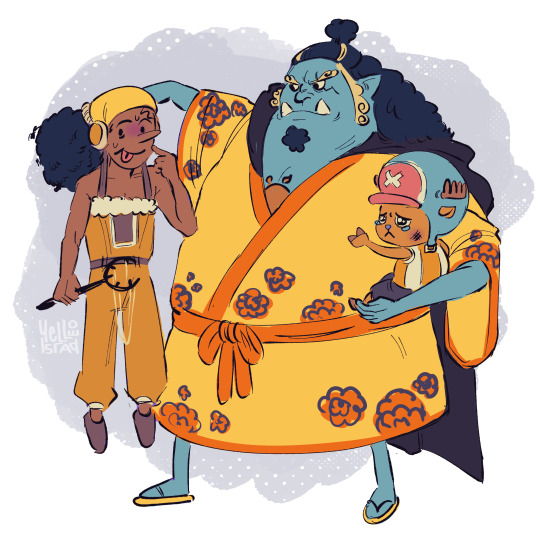

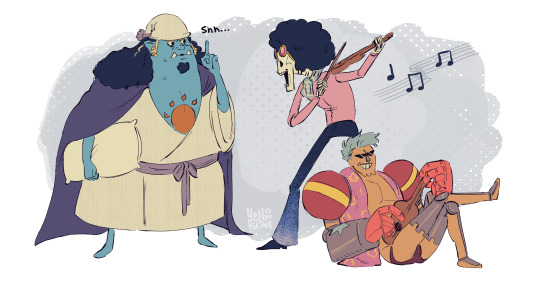

save this middle aged man
#ALL THIS DRAWN IN LESS THAN 5 HOURS LEETTSS GOOOOOOOOOO#one piece#one piece fanart#fanart#art#comic#myellowart#jinbe#jinbei#jimbei#jinbe op#girl why is your name like this#monkey d luffy#luffy#zoro#roronoa zoro#sanji#black leg sanji#nami#cat burglar nami#robin op#nico robin#tony tony chopper#chopper#usopp#god usopp#soul king brook#brook op#cyborg franky#franky op
19K notes
·
View notes
Text
Someone should do a variation on Damon Wyane's bit about black kids' names, for example one being named Onomatopoeia or pronouncing Escalade as Es-ca-la-day, with how Irish names are written as opposed to being spelled. Not the crazy new white people names but traditional Irish names.
There's got to be a few that sound the same, so like ginger ___ can be used or girl ___ not boy ___.
youtube
0 notes
Text


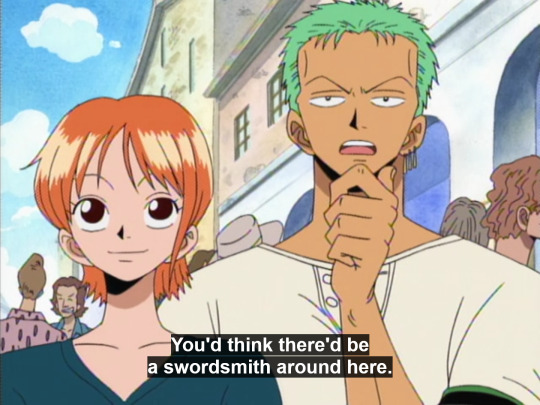

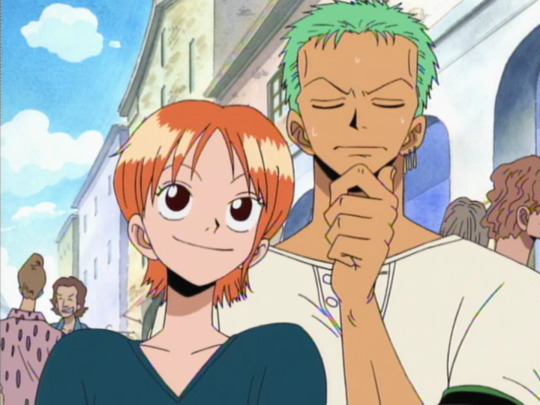

Every time I make another attempt to get into One Piece the show immediately reminds me that it has one of the funniest main cast dynamics in the entire world
#makes it very hard to maintain my aloof mysterious on-again-off-again viewership#I can forgive a lot for a rock solid party of Silly Characters#one piece#monkey d luffy#op#cat burglar nami#roronoa zoro#black leg sanji#also#usopp#I do not think he has a last name#he sold it for 5 berri
5K notes
·
View notes
Text
it isn't really complicated, but i still can't tell my grandma about it. my girlfriend is also my boyfriend and i'm her girlboyfriend and there are a lot of days this feels like smoothing sheets over a good mattress. it feels like getting a cup of good hot chocolate. we paint our nails lesbian flag pink, and i watch her eyelashes make shadows on her cheeks. she wants to kiss me because i am really good at baking, and i want to kiss her because when i am freaked out about how i spilled coffee, she just hands me extra napkins and helps me clean. he is so handsome i want to eat my fist. they once just winked at me and i couldn't talk for like the next fifteen minutes.
i haven't seen the L word and i was raised catholic. my earliest experiences with queer relationships were through harrowing conversations and hushed questions and blood on the ground. i didn't like boys soon enough. what, are you gay? asked to a 6th grader, almost like a demand.
when she is asleep next to me and i can feel the dreams run up and down her body, i pretend we are both somewhere in the stars. i like to picture a future full of fruit trees, and writing him poetry. sometimes she wakes up, has a whole conversation with me, goes back to sleep, and utterly forgets that we ever even spoke. she is always kind to me, even in that liminal half-there ghost. i like the croaked, raw way her voice sounds in the very-early morning, the way she always seems surprised i'm still here, and home.
on the internet, there are a lot of people who would be annoyed by both of us, and how labels must be pruned into orchids. a box has to hold and define the insides. people must be organized.
we went on a date last night, and the host said, oh, table for 2 nice ladies? neither of us are ladies, but also we are very much 2 nice ladies. i have been wearing her sweater nonstop. he has frequently been forced into wearing my taylor swift official merch quarter-zip because i was worried about him catching a chill, and you simply cannot be cool in an official taylor swift quarter-zip. do not worry: they listen to better music than i do, and their voice sounds like leaves falling.
i wear the skirts and makeup and i am better with spackle and know how to drive stick. recently someone commented on my work - you're just a man trying to reappropriate lesbian spaces. sometimes i feel like she is a clementine to me, and sometimes i feel like he is a german shepherd and sometimes i feel they are a bird. i like watching his hands over a guitar. can i write this poem, even? how can you be a lesbian if you're sometimes with a man? or you are the man?
how can i, huh. you know, our first date lasted 3 days. we'd been flirting for over a year before i finally asked her out. i'd already written her into poetry. she'd already written me into songs.
last night, in the late night, when they woke up again, confused about where they were, they said - oh, thank god. this is your arm. there's just something so precious to me about the specifics, the denotation that the arm was (thank god!) mine. i really liked that definition. i liked the obvious relief because i understand it.
i say yeah, i have a partner. i mean - oh. thank god. it's your arm.
#writeblr#warm up#on gender politics lol#inkskinned try not to have feelings for someone challenge#time of death: they put my earring in their ear. they were wearing an unbuttoned black buttondown and a necklace with my name on it#you can just send me the coffin i was ready to crawl in
6K notes
·
View notes
Text
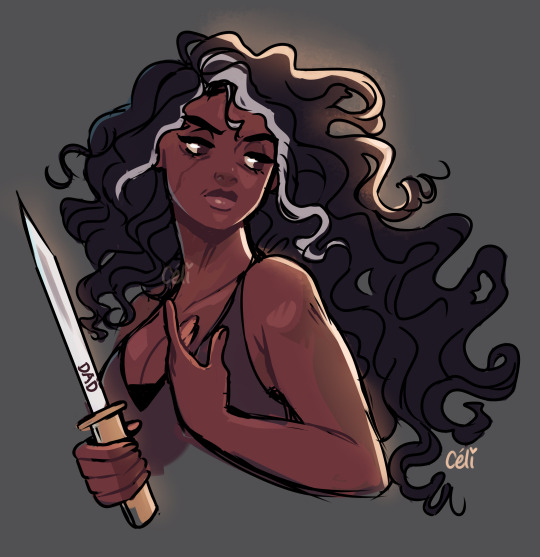
and i think that’s what a father is — a blade that never stops cutting.
#art#illustration#doodle#my oc#black artists#artists on tumblr#new oc just dropped idk what to name her yet..
5K notes
·
View notes
Text

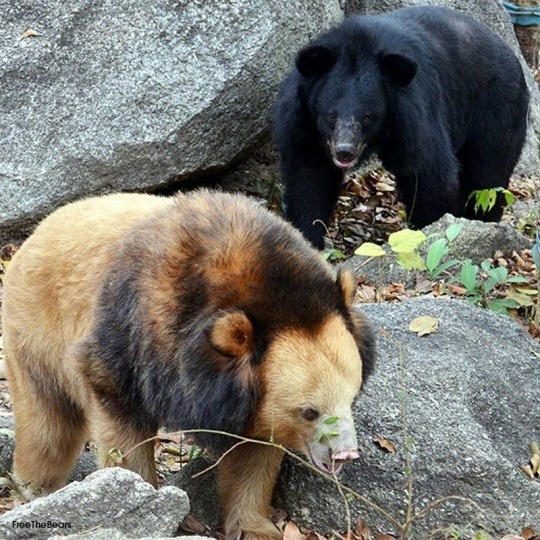
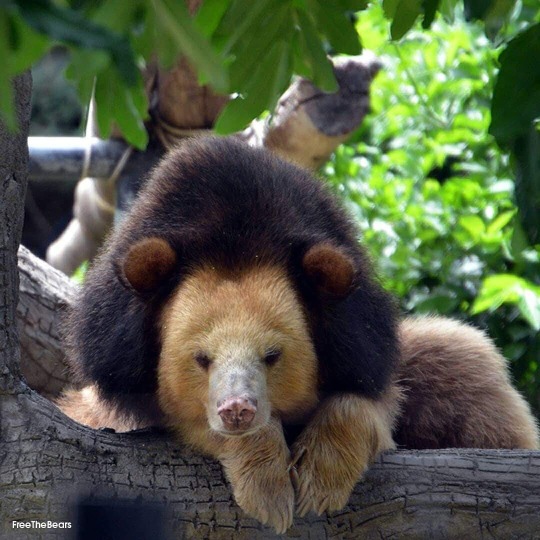
Golden moon bear (Ursus thibetanus)
#asian black bear#moon bear#bear#Ursus thibetanus#mammal#color mutation#I have no idea what kind of mutation#oddball#her name is brandy
9K notes
·
View notes
Text
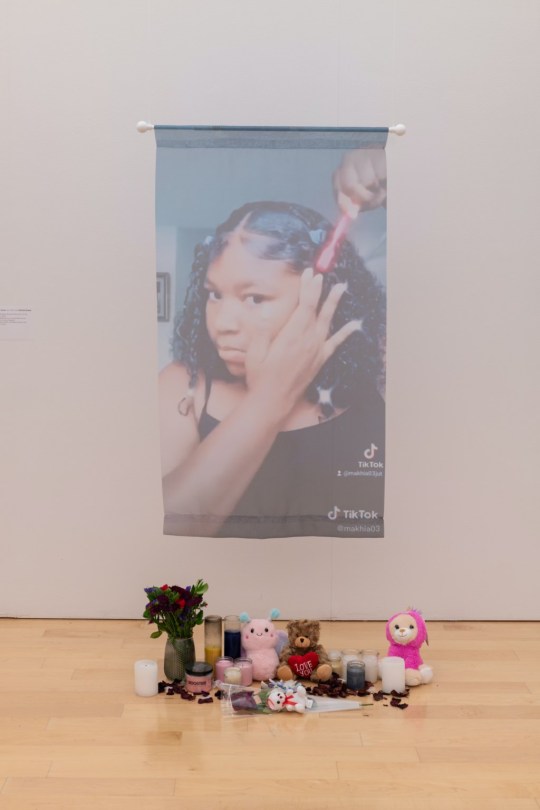
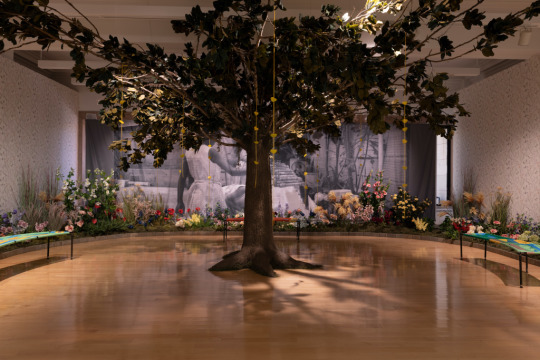
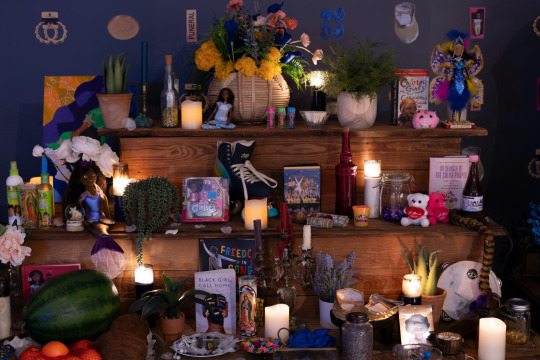
Installation view of Freedom Square: The Black Girlhood Altar at the Chicago Cultural Center
The exhibition at the Chicago Cultural Center opens with the installation “Homegoing.” The work is a suspended image depicting a screenshot from Ma’Khia Bryant’s personal TikTok. In the photo she’s laying her edges, her jet-black hair shining, her baby face clean and free of makeup. Below the printed photo is a collection of candles, stuffed animals, and a bouquet. On April 20, 2021, Ma’Khia was killed by an Ohio police officer in what was later determined a justifiable homicide. She was 16 years old.
In the gallery titled Rest and Recess: The Courtyard, the exhibition transports the viewer to the Caribbean where Black girls play together unburdened and hopeful. A tree, sculpted by Robert Narciso and made from branches from Rekia Boyd’s family home, sits in the center of the room casting a protective shadow over everything. From its branches hang yellow paper hearts scribed with the hopes and dreams of little Black girls. The sound of their joyful cacophony activates the space.
[ x ]
#chromatic voice#ma'khia bryant#rekia boyd#a long walk home#scheherazade tillet#robert narciso#we all make art#usermarmalade#police brutality#missing and murdered black women#say her name#black lives matter
3K notes
·
View notes
Text
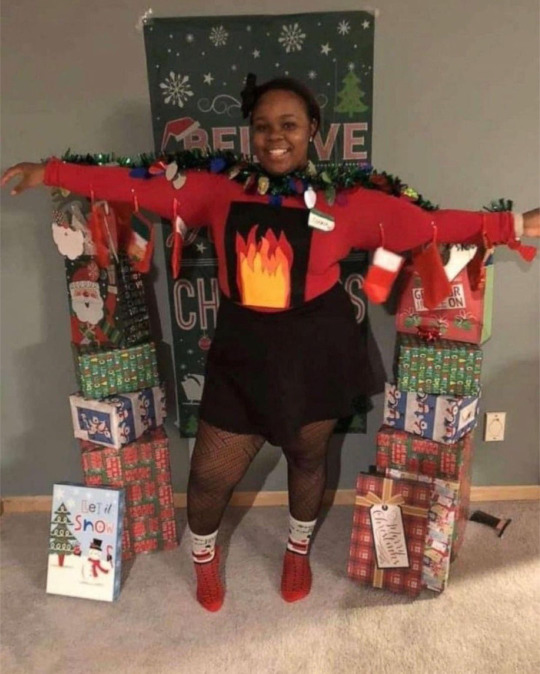
This was her FAVORITE time of year... She should be spending it with family... she should be be alive. I'm pissed she's not. I'm so so pissed. I'm hurt. on the verge of tears.
Please dont forget her face, her name, her smile, her caring soul.
She wanted to be a nurse. Wanted to help mothers and babies... And she never got to.
The world was a better place when she was in it...
Merry Christmas Breonna... Thinkin ab you...
#justice for breonna#breonna taylor#say her name#abolish the police#abolish capitalism#abolitionist#black lives fucking matter#protect black women#protect black girls#remember her always#merry christmas breonna#thinking ab her heavy today
3K notes
·
View notes